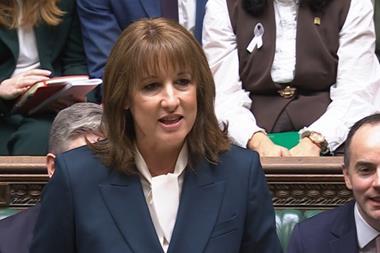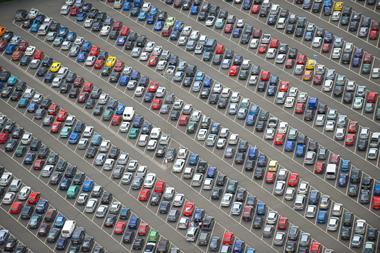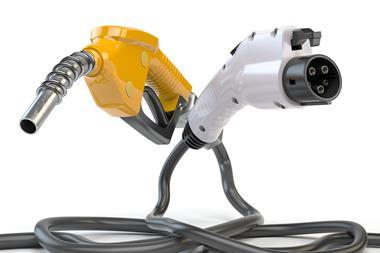Over a month into ’lockdown’ and we’re used to the new ’normal’: only essential public-facing businesses remaining open, meanwhile those that can operate without visitors try to do so by phone and online. Roads much quieter than anyone can remember and more people on bikes or on foot than there were.
Petrol retailers have not been forced to close. At the time of writing, the number of those who have is somewhat vague reports suggest "around 100" out of the UK’s approximately 8,400 sites and some of those closures appear to have been temporary.
But most forecourt retailers have found themselves trying to deal with a very odd set of factors since mid-March.
First there was the panic-buying spree before Easter. Customers who would normally have driven to a supermarket to do their bulk shopping, suddenly realised that the convenience store at their local forecourt was open longer hours and had shorter queues outside than any of their usual supermarkets.
While increased sales are always welcome, some petrol retailers found themselves short of staff, both to deal with the surge of customers, and with the tasks of seeing in deliveries at unusual times and trying to re-stock empty shelves.
Secondly, there’s the issue of fuel volumes. At the same time as they were seeing record-breaking shop sales, site operators saw a brief panic-buying surge in fuel sales in mid-March. But once it became clear that petrol forecourts would be allowed to remain open, and as traffic fell drastically in many areas, so did fuel volumes. Speaking to retailers, we’re hearing that daily volumes during April were typically running at somewhere between 15%-25% of what they would have expected based on last year. The ones most seriously hit have been those sites for whom the Easter holiday period is usually the start of a five month ’summer season’ which might account for around 70% of their annual turnover. Some of those retailers are close to panic, since many of them are well outside populated areas and rely very much on passing trade for their shop sales, as well as for fuel. With each day of lockdown they’re aware that whatever date it’s lifted, they only really have until the end of August (or September at best) to generate any income this year.
As if to rub salt in their wounds, much of what’s left of their volume is coming from fleet customers who don’t spend money in the shop and who pay for their fuel by some form of fleet card.
cash flow worries
With many petrol retailers unexpectedly left with high stock volumes underground, cash flow is now a serious worry and not just at the ’seasonal’ sites. In that respect it was good to see the PRA asking for help with credit terms for retailers, both with the government and with the major fuel suppliers. While the banks may be willing to try and help their customers with credit issues, the reality is that they’ll be facing those requests from everywhere at the moment. Fuel retailers may need rather more urgent assistance, and it would be appropriate for that to come from within the petrol retailing industry itself.
And that brings us to fuel prices. Some retailers have been selling unleaded petrol at below 98ppl, and DERV below £1.07ppl for a couple of weeks. At the same time there are still plenty of suburban sites showing prices around £1.09 for unleaded and £1.18 for DERV.
Most analysts agree that whatever happens in the next few months, there is now such a glut of petroleum in the world that it would take an extraordinary surge in worldwide demand or an unprecedented cut in supply - before that glut is used up. Hence it’s extremely likely that fuel prices will fall further during this year, irrespective of when ’lockdown’ officially ends. Many retailers will already have suffered ’windfall’ stock losses on what they’ve had underground since mid-March, and those losses are likely to increase.
Unlike retailers who’ve been given no choice other than to close down, but who’ve then been able to take advantage of government offered help or even trying to claim from their insurers for loss of business, petrol retailers are in a sort of no-man’s land. Yes, they can still try to make some money from their shops, but that may not compensate for the loss of a significant part of their business.
The situation changes almost daily so we must stress again that for the latest detailed advice on matters like payroll, VAT and other assistance you should contact us through the website, Facebook or LinkedIn and we’ll be glad to help.

































No comments yet